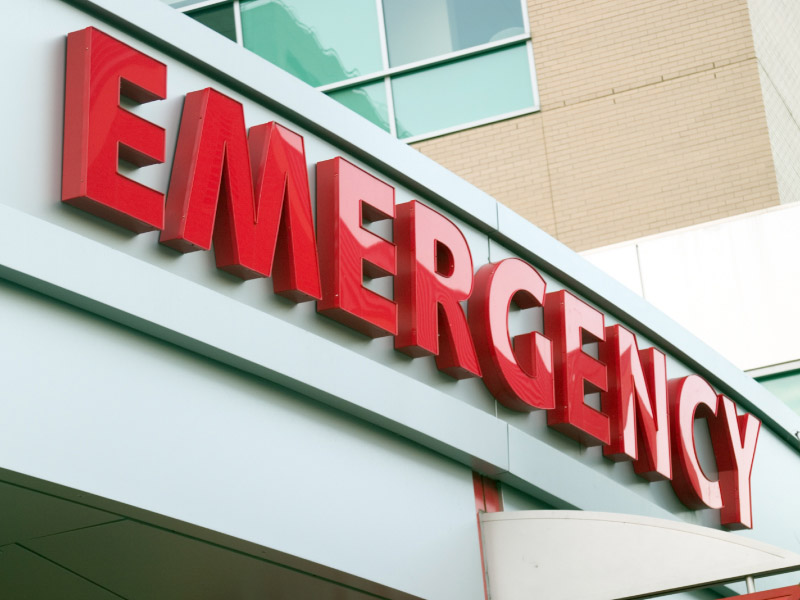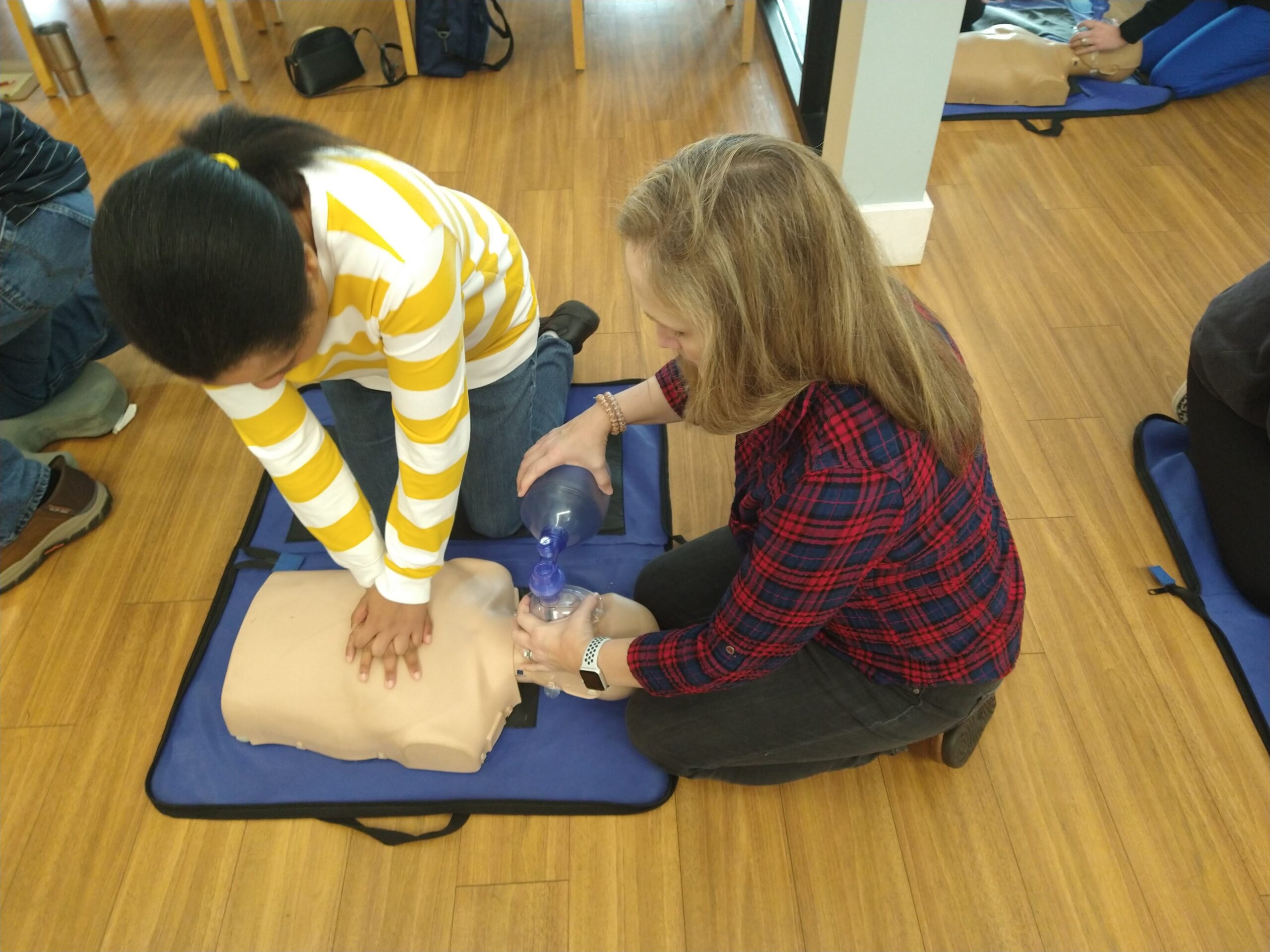
People with high-deductible health plans and lower incomes are less likely to go to the emergency room when experiencing chest pain and are less likely to be admitted to the hospital if they do go, a new study finds.
That can have dangerous consequences. Published Monday in the American Heart Association journal Circulation, the study found people with lower incomes were more likely to have a heart attack when later admitted to the hospital.
“People with higher deductibles delay treatment and are sicker when they show up in the ER for chest pain,” lead study author Dr. Shih-Chuan Chou said in a news release. Chou is an emergency care physician in the department of emergency medicine at Brigham and Women’s Hospital in Boston.
“Cost is a real factor for patient outcomes,” he said.
Chest pain, also called angina, can feel like pressure or squeezing in the chest. It is one of the most common reasons for emergency room visits and can signal underlying heart problems. It often is an early warning sign for a heart attack. Angina typically happens because the heart muscle isn’t getting enough oxygen-rich blood. This also can cause discomfort in the shoulders, arms, neck, jaw, back and stomach or can feel like indigestion.
Each year, up to 7 million people seek emergency care for chest pain. But people who pay more out-of-pocket for medical care and who have less money to cover those costs often are reluctant to do so, research shows.
As employers continue to shift workers into high-deductible plans, a greater number of people are at risk. As of last year, more than half of U.S. employees were enrolled in a high-deductible health plan, according to the national Employer Health Benefits Survey.
“Shifting the high cost of health care from insurers and employers to patients has become a trend across the U.S.,” Chou said. “When people with low incomes are switched to high-deductible plans, they are disproportionately impacted financially and so is their health.”
In the new study, researchers compared health data for people enrolled in insurance plans with annual deductibles of $500 or less to those with $1,000 or more, including people whose employers shifted them from low-deductible plans to higher ones.
Among people who switched from a low-deductible plan to a higher one, visits to the emergency room due to chest pain dropped by 4%. Emergency room visits that led to hospitalization due to chest pain dropped by 11% in this group. When hospitalized later, those with low incomes and high-deductible plans were nearly one-third more likely to have heart attacks.
“Clinicians need to consider actively including cost in our discussions with patients and in shared decision-making,” Chou said. “Insurers and employers need to consider how they will manage high-deductible plans going forward – particularly given the health impact on their employees.”




